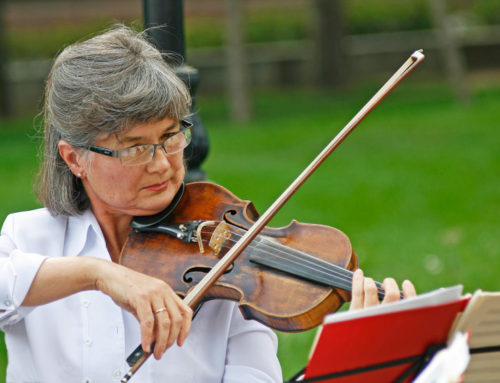Share This Story!
Foods That Fight Infection
As people get older, a robust immune system is crucial to staying well. The immune system is a network of organs, tissues, cells, and proteins that helps to fight against harmful bacteria. What a person eats can have a significant impact on immune health. Here’s what to eat to help improve the immune system.
Choose citrus
One of the age-old remedies for fighting the common cold is a simple glass of orange juice. This is because oranges are high in vitamin C, which has been shown to increase white blood cell production. Fresh fruits offer more benefits than juice, and all citrus fruits have a high amount of vitamin C. Besides oranges, seniors can eat grapefruits, tangerines, and clementines.
Eat your daily greens
Remember when mom said to eat a green vegetable every day? There’s a good reason. Superfoods like spinach and broccoli have high amounts of vitamin C. Also, spinach contains flavonoids, which have properties that help fight free radicals. Both spinach and broccoli have been linked with helping to prevent the common cold.
Good vs. bad bacteria
After the age of 50, stomach acid starts to decline. This means that seniors have a harder time absorbing nutrients. Prioritize health by introducing good bacteria to the gut, such as by eating kefir or kimchi. For many seniors, a daily probiotic supplement can offer a host of benefits.
Spice it up
Spices like turmeric and ginger offer significant anti-inflammatory benefits, which can boost a person’s immune response. Try switching up recipes and choosing ones that incorporate turmeric and ginger. Or, seniors can try drinking a nightly golden milk latte, which contains a spice mixture with both turmeric and ginger and can help people sleep better.
Don’t shy from indulgence
Although dark chocolate is high in calories and fat, just a little bit of this dessert can help to boost the immune system. Pure dark chocolate is high in antioxidants that help fight free radicals. Just remember to choose dark chocolate and not milk or white chocolate, which are significantly higher in sugar.
What else can I do?
Because older adults may have more difficulty with nutrient absorption, a range of supplements may be beneficial. Zinc and vitamin D are two vitamins that have been linked with improved immune health. If a person can’t get adequate nutrients through diet alone, supplements may be an option. Speak with a healthcare provider to learn more about boosting the immune system.





